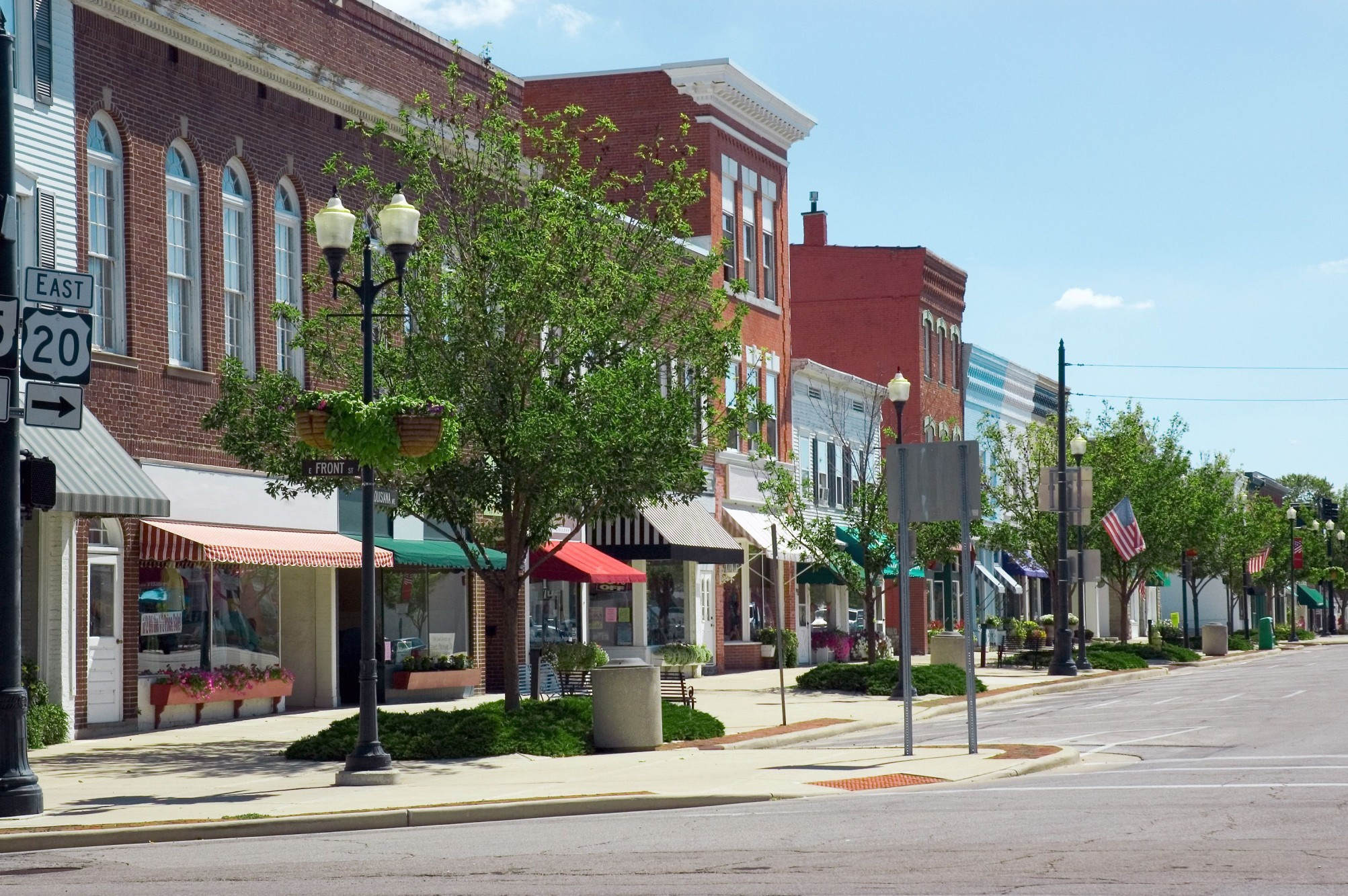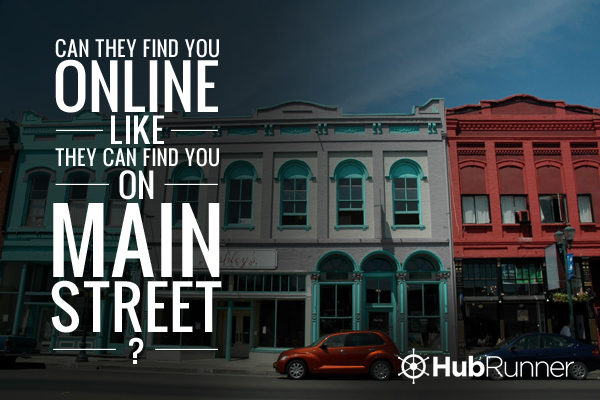Small Business Local SEO Guide
Local search engine optimization (Local SEO) is the process of gearing your online presence to help potential customers find the physical location of your business. While traditional SEO focuses on driving organic traffic to your website, local SEO is used to connect with people in your city or region. Many small businesses rely on locals to survive, making local SEO increasingly important.
Please take a look at our small business local SEO guide if you would like to increase your business in your community.
How To Increase Your Local SEO Presence:
Traditional SEO Best Practices:
Maintaining SEO best practices is beneficial for both your website and physical location. Proper on-page SEO allows search engines to read and understand what you business is all about.
- HTML, Titles & Meta Descriptions: Make sure to optimize your HTML code, titles and meta descriptions. If you are unsure about how to do this, take a look the resource provided on this page. By optimizing these types of data, you will want to target for keywords that you have a chance of dominating. Longer, more specific keywords (aka “longtail keywords” will give you the best chance of success. You will also want to keyword for your physical location when possible.
- Redirects: Make sure that every link to your website goes to the correct place. If you have ever deleted a page, you run the risk of established links taking visitors nowhere. Talk to your hosting provider about 301 redirects. Broken links are very bad for SEO in general.
- Blog: A blog is one of the best tools you can use to increase your SEO rankings. Search engines love fresh content. Answer the questions your customers ask through your blog and target your keywords to connect with others that have similar questions! Remember to add Google Publisher & Author tags to your blog posts so Google can attribute your work correctly. These tags keep your work organized in in the search engines and while increasing your click through rate.
- Sitemaps: Sitemaps are files that tell search engines the layout of your website. They are basically road maps that you hand Google, Bing and Yahoo!. Sitemaps help these search engines navigate and rank your website. Use one of the many .xml sitemap generators online and add the sitemap to your website through FTP. CMS systems like WordPress have plugins that do this for you. Once your sitemap is live, submit it to the search engines through their respective webmaster tools functionalities.
Create Local Listings:

Local listings are areas where your business can directly connect with people in your community. These forums tend to focus on customer reviews, so make sure that your customer service is always on point. People are statistically far more likely to leave bad reviews, and you don’t want potential customers to get the wrong impression.
- Google Local: The local listing service of the #1 website in the world.
- Google Places: Google Maps and other useful tools
- Bing Local: Bing’s local listing service.
- Yahoo! Local: Yahoo!’s local listing service.
- Ask City: Ask.com’s local listing service.
- City Search: A popular independent local listing service.
Local Citation Websites:
Citation websites are trusted places where you can have your website mentioned. These mentions do not always result in links, but they are still very valuable. Find areas for local citations through your chamber of commerce or online yellow pages. Aside from improving your rankings, citation websites allow local customers to see your business represented by trusted sources.
Backlink Research:
Search engines use backlinks to determine where to rank websites. They act like votes of confidence from other people in the online world.
Use online site explorers to find out what websites are linking to your competitors’ websites. The world of backlinks can be dangerous though, so be wary. Research the difference between white and black hat backlinking strategies before you do anything. Once you learn who links to your competitor, gear your campaigns to attract those types of links. Create content that will appeal to the local websites that can drive traffic and links to your website.
Mobile Optimization:
 We are steadily becoming a mobile-centric society. Thanks to smart phones and tablets, customers can connect with your website 24/7. While this is great news for website traffic, it underscores the importance of conversion optimization. More often than not, websites are not optimized to take advantage of mobile traffic. Imagine that a potential customer finds your website while sitting in traffic, but can’t find your address or contact info. This person will most likely move on to the next website to find what he/she needs.
We are steadily becoming a mobile-centric society. Thanks to smart phones and tablets, customers can connect with your website 24/7. While this is great news for website traffic, it underscores the importance of conversion optimization. More often than not, websites are not optimized to take advantage of mobile traffic. Imagine that a potential customer finds your website while sitting in traffic, but can’t find your address or contact info. This person will most likely move on to the next website to find what he/she needs.
- Invest In A Mobile Site: There are multiple services online that will transform your website into something mobile friendly. They will parse apart your website and restructure it to improve your interface on mobile devices only. Check out providers like Duda Mobile if your website could use a mobile facelift.
- Prominent Linked Phone Number: Your phone number should be above the fold. Do not make your visitors hunt for your contact information. If possible, put your phone number in the header of your website so it is prominent on every page. Give it an eye-catching style and use an HTML phone number link. Clicking a phone number link will automatically start a phone call from the user’s mobile phone.
- Clear Call To Action: Your website should include a section that clearly tells your visitor to connect with you. Providing an online discount or special will help incentivize them to take the next step. You should also include an easy way for the visitor to contact you.
- Clear Address: If your business depends on real-world traffic, you must make your address easy to reach and understand. Devote a whole page to your contact information while emphasizing your physical address.
Schema Mark Up:
Schema is an HTML language that search engines use to understand your website. By agreeing on one markup language across the board, search engines allow websites to communicate their business, contact information and services easily. www.schema.org contains many different attributes that you can attach to your existing html code. Take advantage of this free service to accurately convey your business to search engines.
Link Social Accounts:
There are many social media services that you can use to connect with local customers. We cannot cover all of them in this blog post because every industry lends itself to different social media strategies. As a base line, though, you need to have a Facebook, Twitter and Google+ account. Research what kinds of content to share through these avenues as well.
By completing this small business local SEO guide, you will already be miles ahead of most local competition. Many local small businesses do not take advantage of local online traffic.
Connect with HubRunner on Google+ and say hi!



Comments are closed.